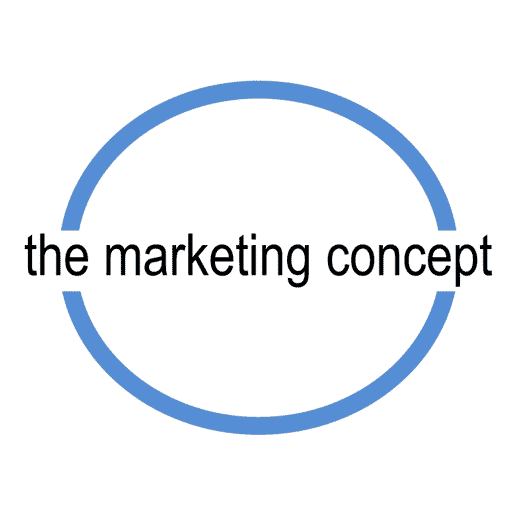
The year is 1996.
Phil and Keith work for an Australian organisation that supplies products to the building industry, as the marketing manager and the sales manager respectively – they spend a great deal of time with consultant engineers, architects, and builders. The main sources of client contact are visits to client premises, product information evenings, telephones, and increasingly emails. During one of the product information evenings a consultant engineer, Greg, suggests that they should catch up and have a meeting. Always anxious to build relationships, Phil suggests a quick lunch.
Two days later, Phil and Keith, are having lunch at a local pub with Greg the consultant engineer. As a consultant engineer Greg specifies the products that may be included in the construction of a building – nothing goes into ‘his’ buildings without his approval.
During the course of the conversation Greg states that within his office is a library with suppliers’ product information, but the information is often out of date and consequently he is always chasing information from suppliers – this is time consuming and therefore costly. Phil, who thinks this is a big hint, has made a mental note to update Greg’s information ASAP. Greg goes on to say that he recently specified a water heater that was out of date and this meant that the water and gas supply pipes had to be changed for 14 water heaters as the architect believed it was his fault.
With lunch finished Phil, Keith, and Greg are walking to the car park when they meet a familiar face. The familiar face belongs to Bev, who worked for another building supply company before leaving work to ‘start a family’. When asked how she was she stated that she needed to find some part time work as ‘money was tight’. Phil presents Bev with a business card and offers to act as a reference if she ever requires one.
As they leave Greg mentions that Bev was always hard working kept the library up to date and he hadn’t seen anyone from that company since she left.
Next day Keith says to Phil, I see that you and Greg think highly of Bev and I want to run an idea past you. We are always faxing information to consultants maybe we have a gap in our channel marketing. Why don’t we take a little bit of our communication budget and ensure that all the documentation in all of the consultants, architects and builders is kept up to date. We could ask Bev if she would subcontract this task. We would provide all the documentation and she would replace the old folders with new folders. She would know many of the consultants and would know the business protocols involved. Then at the end of each month she would invoice us for her services.
Phil rings Bev he states ‘After chatting with Greg and reflecting on our overall performance, Keith and I feel that our product communication with our channel partners consultants, architects, and builders is not up to the standard we would like. Really we just don’t have the time to do this and this means we are reactive rather than proactive. ‘We were hoping that you would be interested – as you could work when you can, initially it would require more time but less when you have our documentation up to date. Bev – What do you think?’
Bev accepts the offer and for several years takes on this role, however, in time takes on new clients and has a small but successful business – Phil and Keith are happy for her and she gives them preferential treatment. They acknowledge the quality of their relationship and how in return for their help she does not provide this service for competing organisations.
Tasks:
Is Phil and Keith’s strategy [ensuring that their channel partners have the proper documentation] a prudent strategy?
Is this a prudent strategy for 2020?
How would the tactics to achieve this strategy differ between 1996 and 2020?
